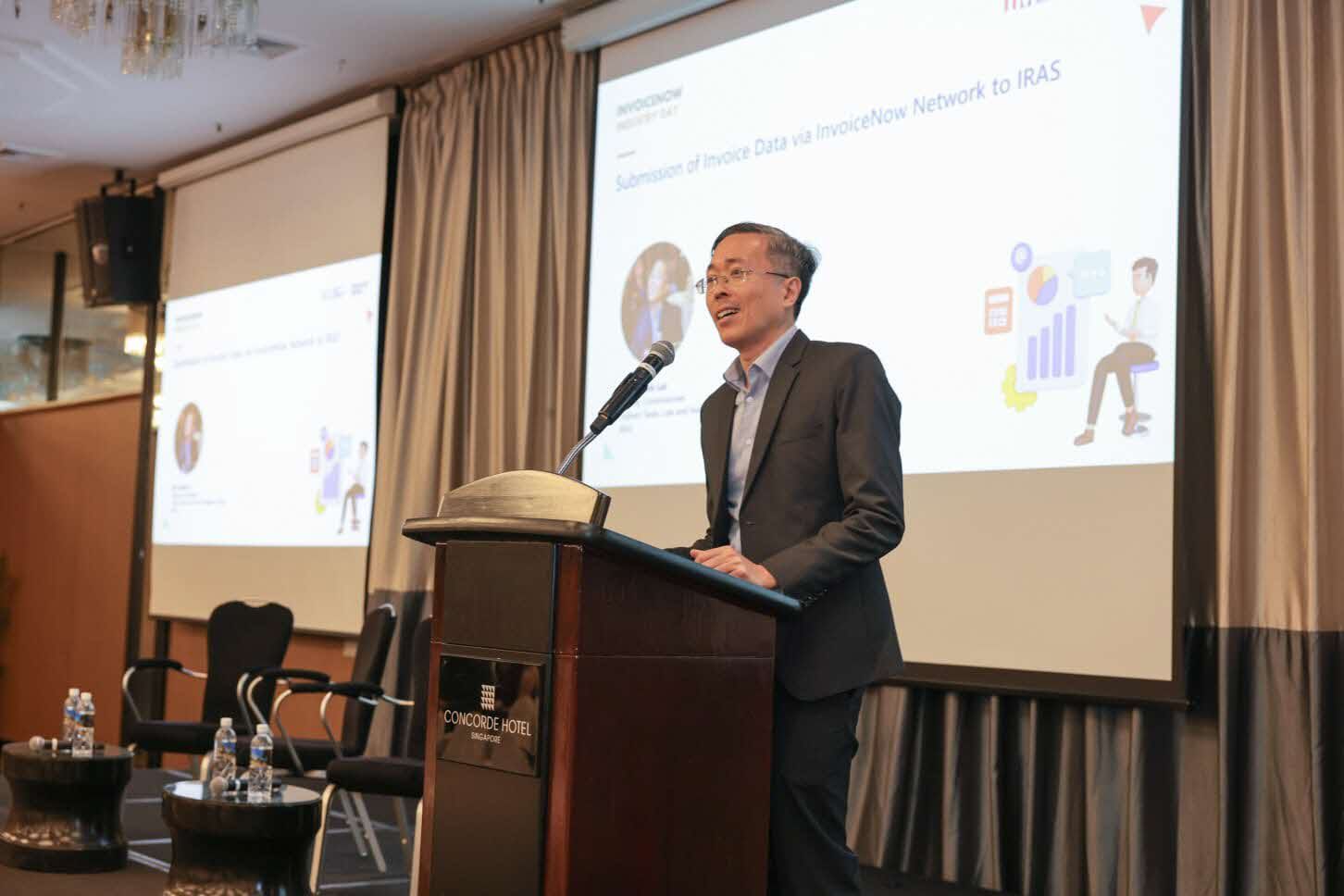This new “GST InvoiceNow requirement” is the logical next step following a pilot conducted with a group of businesses and service providers between September 2020 and June 2023. This pilot was led by the IRAS (Inland Revenue Authority of Singapore) and the IMDA (Infocomm Media Development Authority).
Its primary focus is on new companies to help them get it right from the start and reap the benefits of e-invoicing automation by facilitating record-keeping, billing, and payment processes via the use of InvoiceNow solutions.
The GST InvoiceNow requirement doesn’t strictly impose e-invoicing; instead, it’s primarily a real-time e-reporting mandate.
Suppliers retain the flexibility to send invoices to their customers through their preferred channels. Nonetheless, due to the ability of InvoiceNow solutions to transmit invoices directly to their recipients, many companies are likely to transition to e-invoicing, as the need for duplicate transmission of invoices through other channels will be eliminated.
First deadlines set in 2025 & 2026 for new businesses
The new requirement will progressively apply to all GST (Goods & Services Tax, the Singapore VAT) registered businesses, starting with the most recent companies and including any voluntary company:
- From 1 May 2025, for voluntary early adoption by GST-registered businesses, as a soft launch.
- From 1 November 2025, for newly incorporated companies (i.e. within six months from the time they submit their application for GST registration) that register for GST voluntarily,
- From 1 April 2026, for all new voluntary GST-registrants
After these dates, those companies will have to use InvoiceNow solutions to automatically transmit their invoice data to the IRAS.
InvoiceNow is the name given by the Singapore administration to the Peppol network incorporating some specific local additional requirements. For example, service providers operating an InvoiceNow solution must be certified by the IMDA, and InvoiceNow relies on the Peppol PINT (Peppol INTernational) format, better suited for global interoperability.
Head onto our Singapore country profile to learn more about InvoiceNow and gain a comprehensive understanding of the e-invoicing ecosystem in Singapore.
Further announcements coming soon
There are already over 60,000 businesses on the InvoiceNow network in Singapore utilising a variety of InvoiceNow services offered by the service providers. The goal of the GST InvoiceNow requirement is to onboard more businesses to adopt InvoiceNow and help businesses improve efficiency and facilitate their tax compliance processes.
The IRAS will continue to consult industry partners on the initiative and carefully review the feedback received before announcing further details for the remaining GST-registered businesses.
Additionally, the IMDA will publish by May 2025 the list of InvoiceNow solutions that are connected to IRAS, hence able to comply with the GST InvoiceNow requirement.
Read the official announcements: Press Release | Overview of the GST InvoiceNow Requirements





No comment yet, add your voice below!